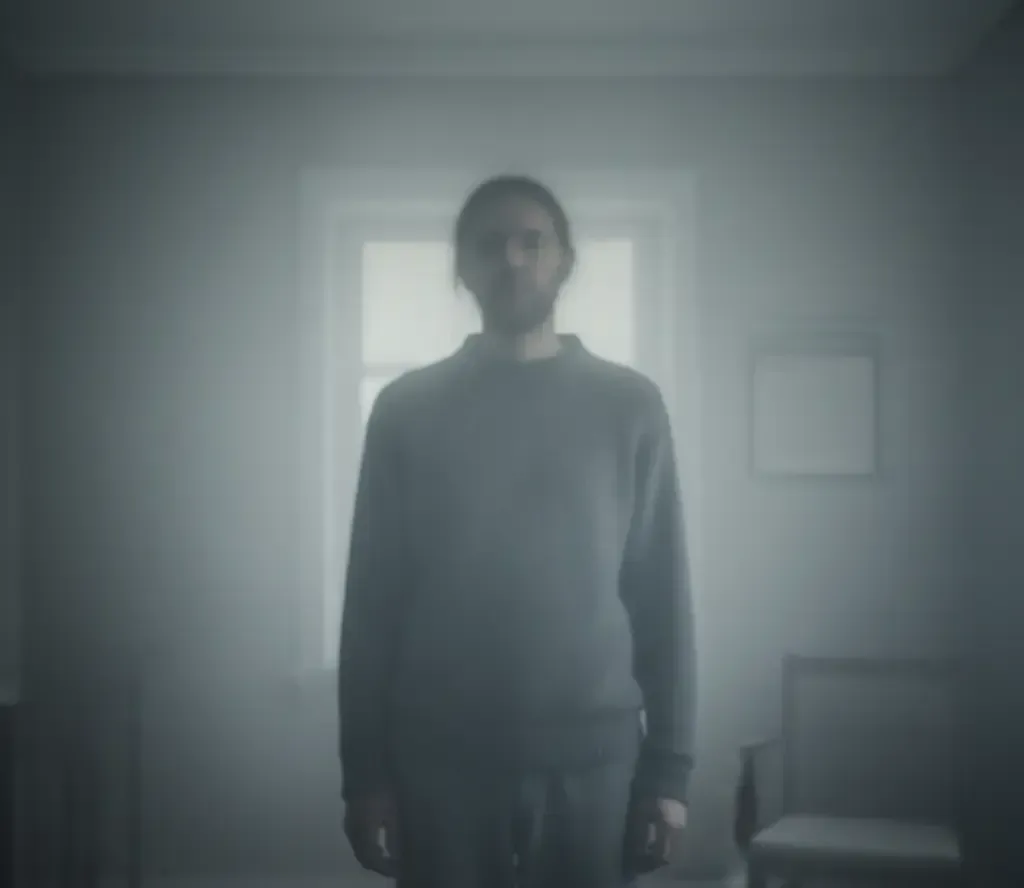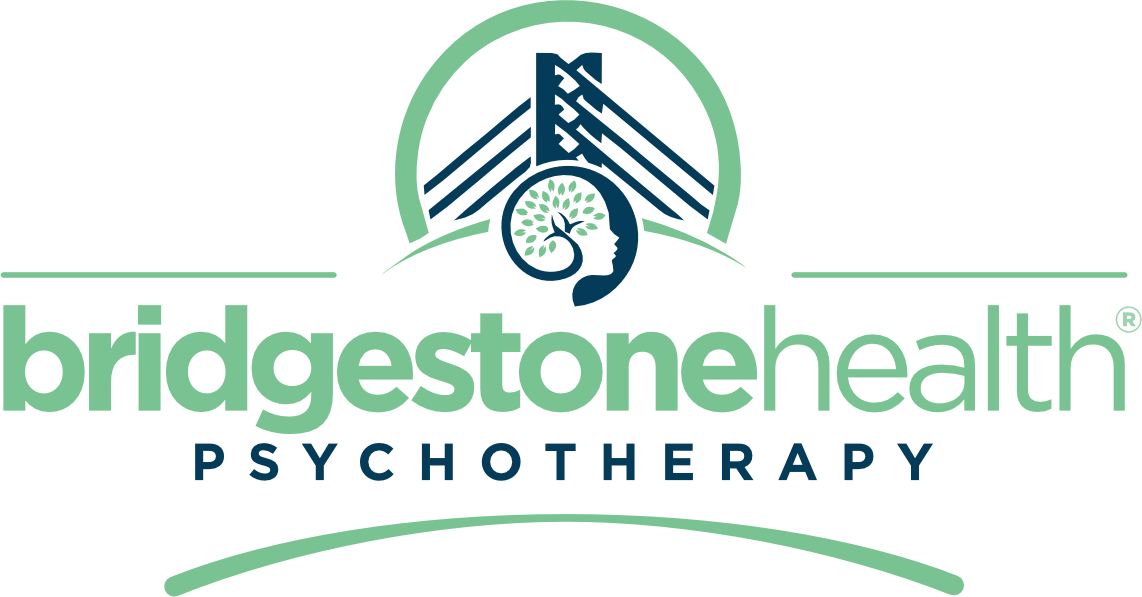Do I Have Depression? Signs, Symptoms, and What to Do Next
Imagine waking up every day with a heavy weight on your chest. You used to love your morning coffee chats or weekend hikes, but now they feel like chores. Simple joys fade away, and a fog of sadness lingers. If this sounds like you, you're not alone in wondering, "Do I have depression?"
Depression touches millions of lives. The World Health Organization calls it a top cause of disability around the globe. About 280 million people deal with it each year. Many folks brush off these feelings as stress or a bad week. But ignoring them can make things worse.
This guide walks you through the basics of depression. You'll learn key signs to spot in yourself. We'll cover steps to get help and ways to care for your mind. Take a moment to reflect. It's okay to ask for support—it's a brave first step.
Understanding Depression Basics
Depression goes beyond a rough day. It's a real health issue that changes how you feel, think, and act. Let's break it down so you can see if it fits your life.
What Is Depression?
Doctors define depression as a mood disorder. The American Psychiatric Association says major depressive disorder hits when low mood lasts at least two weeks. It disrupts your daily routine. Unlike a short funk after a breakup, this sticks around and drains your energy.
Think of it like a storm cloud that won't lift. Your brain's chemicals get out of balance. This leads to deep sadness or emptiness. The DSM-5, a key guide for mental health pros, lists clear criteria. If several symptoms match, it might be time to chat with a doctor.
Common Myths About Depression
People often say depression is just laziness or a cry for attention. That's not true. It's a medical condition, not a choice. Mental health groups like the National Alliance on Mental Illness push back on these ideas. They show depression affects your brain like diabetes hits the body.
Another myth: You must cry all the time to be depressed. Nope. Some feel numb or angry instead. Busting these myths helps cut the shame. When you know the facts, it's easier to spot real signs of depression in yourself.
Why Early Recognition Matters
Catching depression early can change your life. Untreated, it harms work, friendships, and health. You might skip meals or sleep too much, leading to more problems. Studies show it raises risks for heart issues or isolation.
Start by tracking your moods. Use a notebook or app to jot down feelings each day. Note what triggers them. This simple habit reveals patterns. Early steps like this prevent the condition from snowballing. You deserve to feel better sooner.

Recognizing the Signs and Symptoms of Depression
Spotting depression starts with knowing what to look for. Symptoms vary, but they often cluster in emotional, physical, and behavioral ways. Use this as a gentle checklist. Remember, it's not a diagnosis—just a nudge to pay attention.
Emotional Symptoms to Watch For
A core sign is ongoing sadness that won't quit. You might feel hopeless, like nothing will improve. Irritability pops up too, making small things explode into big fights.
Loss of interest, called anhedonia, steals joy from hobbies. That book series you loved? It gathers dust now. Try journaling your emotions daily. Write one good and one tough feeling. Over time, this shows if patterns point to depression symptoms.
Guilt or worthlessness can creep in. You blame yourself for everything. If these hit hard for weeks, it's a red flag. Talk it out with a friend to gain perspective.
Physical Symptoms of Depression
Your body often signals what's up in your mind. Fatigue hits like a truck—you're tired even after rest. Sleep changes are common too. Some battle insomnia; others sleep all day.
Appetite shifts lead to weight gain or loss. You might crave junk food or skip meals altogether. Unexplained pains, like headaches or backaches, add to the mix. Track these with your mood notes. See a doctor to rule out other health issues.
These aren't just "in your head." They stem from stress on your system. If they linger, professional help can ease the load.
Behavioral and Cognitive Signs
You pull away from friends and family. Social plans? They sound exhausting. Concentration falters—reading or working feels impossible.
Indecision paralyzes choices, even simple ones like what to eat. Dark thoughts, like self-harm, demand urgent action. If these cross your mind, reach out now. Call a hotline or trusted person right away.
Cognitive fog makes decisions tough. You forget things or doubt yourself. Spotting these behavioral signs of depression helps you act before they deepen.
Risk Factors and Causes of Depression
No one cause sparks depression. It's a mix of factors. Understanding yours can light the path to relief. Let's explore without judgment.
Biological and Genetic Factors
Genes play a role. If family members have had depression, your odds rise. The National Institute of Mental Health points to brain chemicals like serotonin. Imbalances disrupt mood signals.
Hormone changes, from thyroid issues to postpartum shifts, factor in. Talk to relatives about their stories. This opens doors to awareness. A family chat might reveal shared traits. It doesn't doom you—it arms you with knowledge.
Environmental and Lifestyle Triggers
Life throws curveballs like job loss or divorce. These stresses build up. Trauma from accidents or abuse lingers too. Chronic pain or illness adds fuel.
Isolation worsens it. Lockdowns showed how alone time hurts mental health. Audit your habits. Do you get enough sun or move your body? Fix small things like better sleep routines. They cut environmental risks.
Psychological and Social Influences
Low self-esteem sets the stage. Past bullying or failures chip away at confidence. Relationship troubles, like fights or breakups, stir the pot.
Social media's highlight reels can make you feel less-than. Build a network of kind people. Try self-compassion: Speak to yourself like a good friend. Practice daily affirmations. These shift your inner voice and ease psychological strain.

When to Seek Professional Help for Depression
You don't have to tough it out alone. Knowing when to ask for help saves time and heartache. This isn't about labeling yourself—it's about getting tools to thrive.
Self-Assessment Tools and Quizzes
Start with free quizzes like the PHQ-9. It's a quick nine-question tool from health experts. Answer on how often symptoms hit in two weeks. Scores hint at severity: mild, moderate, or severe.
Find it on sites like the Mayo Clinic. It's not a full diagnosis but a solid start. Print your results for your doctor. Pair it with mood tracking for a clearer picture.
Talking to a Doctor or Therapist
Prep by listing symptoms and when they started. Note impacts on sleep, work, or fun. Your first visit might include questions about family history.
Options include talk therapy like CBT, which rewires negative thoughts. Meds balance brain chemicals if needed. Mayo Clinic guidelines say combine them for best results. Ask about costs—many places offer sliding scales.
Emergency Signs and Support Resources
Suicidal thoughts or plans mean get help now. In the US, dial 988 for the Suicide Prevention Lifeline. It's 24/7 and free.
Tell a loved one what's going on. They can sit with you or drive to care. Global resources like Befrienders Worldwide connect you worldwide. Act fast—these signs scream for immediate support.
Treatment Options and Self-Care Strategies
Relief is real. Treatments work for most people. Mix pro help with daily tweaks for lasting change.
Professional Treatment Approaches
Therapy digs into roots and builds skills. Antidepressants like SSRIs help many within weeks. The CDC notes 70-80% improve with treatment.
Newer options like TMS use magnets to zap brain areas. It's non-drug for tough cases. Search for local providers via insurance apps. Affordable care exists through community clinics.
Lifestyle Changes to Support Mental Health
Move your body 30 minutes most days. Walks boost endorphins, per WHO tips. Eat whole foods—veggies, fruits, lean proteins. Cut sugar crashes.
Mindfulness apps guide short meditations. They calm racing thoughts. Aim for seven to nine hours of sleep. These habits lift mood over time.
Building a Support System
Join groups like NAMI meetings. Share stories and feel less alone. Online forums on Reddit offer quick connections.
Open up to family. Say, "I'm struggling—can we talk?" Practice with scripts if it's hard. Strong ties buffer tough days.
Hope, Help, and Healing
Depression shows through persistent sadness, lost interest, fatigue, and more. These emotional, physical, and behavioral signs affect millions. Early spotting changes everything.
Key points: Track your symptoms daily. Use tools like PHQ-9 for clues. Talk to a doctor or therapist soon. Explore treatments from therapy to lifestyle shifts. Build support around you.
Recovery brings back joy. Many folks thrive post-depression. Take one step today—call 988, book an appointment, or journal your feelings. You matter. Help is
here.




